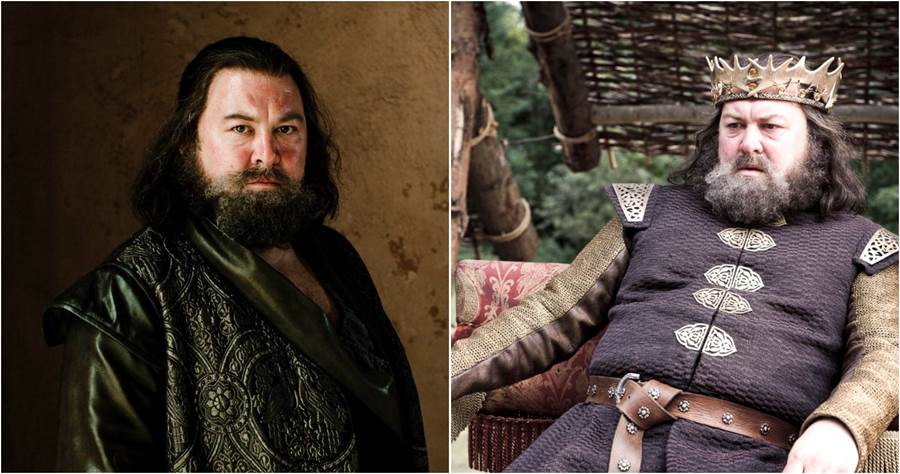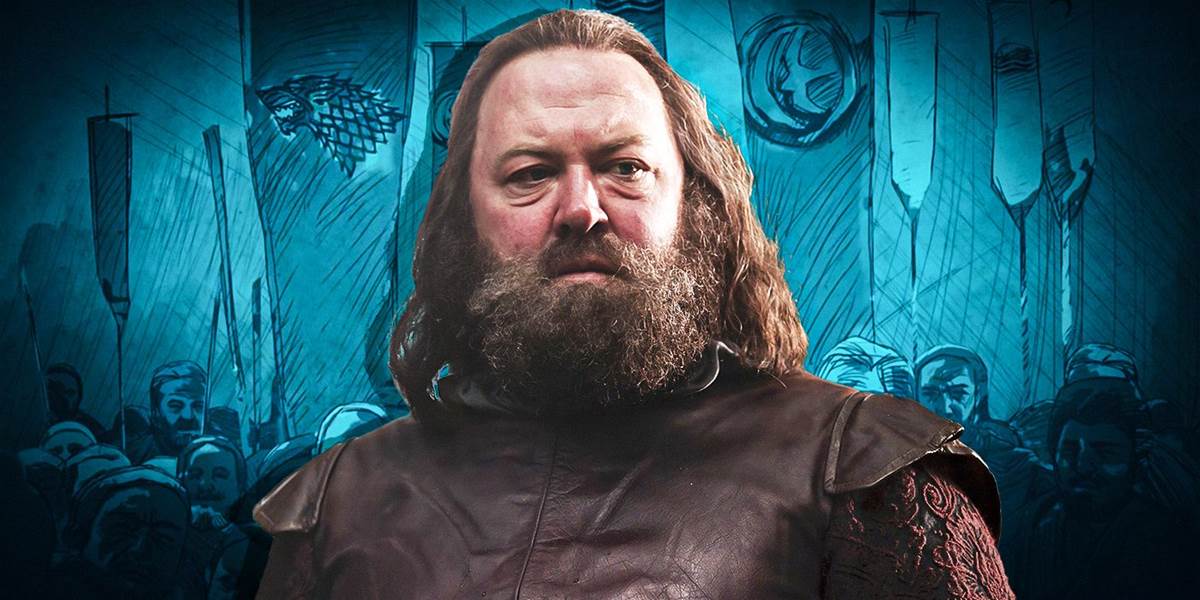
When it comes to "Game of Thrones," the character of Robert Baratheon stands out as a deeply flawed yet intriguingly complex king. Here, we delve into why Robert was both a worthy and unworthy ruler, drawing on his strengths and glaring weaknesses.

5. Strong Military Leader
Robert Baratheon's legacy as a formidable warrior and strategic genius is undisputed.
His successful rebellion against the Targaryen dynasty not only showcased his prowess in battle but also his capability to lead and inspire troops. His war hammer, wielded with devastating effect, became a symbol of his strength and heroism, as he dismantled the regime of the Mad King, Aerys II.

4. Charismatic and Popular
Robert's charisma was undeniable. With a boisterous and larger-than-life personality, he endeared himself to his subjects and soldiers.
His jovial nature and infectious energy could rally even the most despondent of men, creating a sense of camaraderie and loyalty that was crucial in maintaining his rule. His presence alone could light up a room, making him a beloved figure among the people.
3. Merciful to Enemies
Despite his fearsome reputation in battle, Robert showed an unexpected mercy towards honorable foes. This rare quality in a king helped maintain a level of respect and fairness in his rule.
The article is not finished. Click on the next page to continue.



















